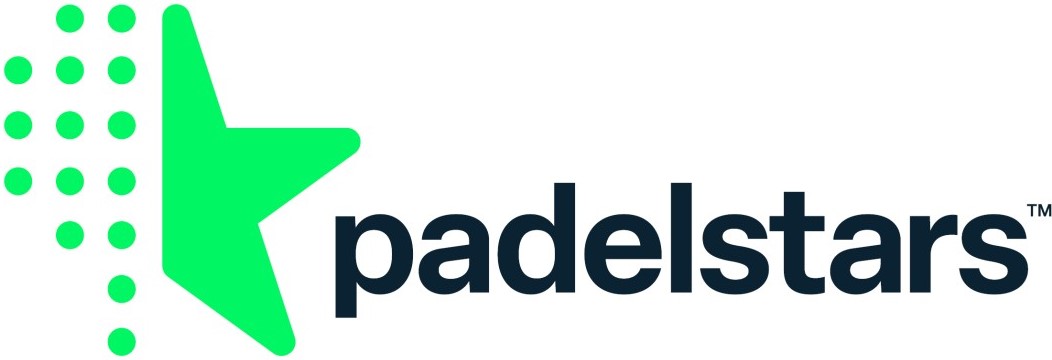A guide to understanding fleet management

Fleet management might be a term you have never used in your business and you might think you don’t need it, but if you operate with even just a couple of delivery vans or vehicles to transport people, tools and equipment to jobs, then you do, writes Simon Hill, MD, Total Motion.
A ‘fleet’ of vehicles is generally considered to be five or more, and those vehicles carry a number of different costs. Those costs need managing and a fleet needs more management the bigger it is, so fleet management is now a major specialist department within many small/medium businesses, and this article is designed to explain why.

What costs do a fleet generate?
If you operate a fleet of vehicles, regardless of its size, these are the most obvious costs you will be facing:
- Vehicle procurement (purchase or most commonly leasing)
- Costs of administration
- Fuel
- Road tax and insurance
- Service and maintenance.
There are also a number of indirect costs, which are perhaps not so obvious, but which demand just as much close attention; these include:
- Vehicle depreciation/disposal of vehicles
- Route-planning and wasted or wasteful journeys
- Downtime, where people or vehicles are not fully-utilised resources
- Costs of late, missed or incorrect deliveries.
If your business has a fleet of say, 50 vehicles of different shapes and sizes, imagine what the costs would be if there was no planning of routes, or your drivers were having to drive back to the depot after each delivery instead of loading the vehicles for multiple drops? Maybe your drivers were regularly caught speeding, you had old vehicles in a poor state of repair or you had no compliance controls and vehicles were being caught with no tax or insurance.
All these elements can be quite common in a business with no dedicated fleet management, because to some extent they are not core disciplines. But they can be extremely costly.
The role of the fleet manager
Any competent and successful business will be aware of and monitoring its costs and how its operations can be made leaner and more efficient. This, in essence, is the role of the fleet manager, so this should involve setting up systems where the fleet manager can monitor drivers, track vehicles and generally make on-road operations smoother and less wasteful, and therefore much cheaper to the organisation in terms of reducing downtime and administration costs.
For fuel usage, the fleet manager should be checking that routes taken and driver performance contributes to good fuel efficiency. They should also keep receipts and monitor vehicle performance.
Regulatory compliance is also very important, so the fleet manager will be checking and monitoring vehicles for road tax, insurance and MOTs and drivers for a suitable licence for the vehicle they are driving.
Vehicle sourcing should ensure that the business is using the most suitable vehicles for their operations, in terms of fuel economy but also practical issues such as size and up-fitting. Don’t forget that a fleet can include cars, vans, minibuses and public service vehicles.
The fleet manager needs to build good relations with lease companies to negotiate suitable agreements on the best vehicles and on financial terms the business can accommodate.
The essentials of fleet management
Fleet management has become a specialist full-time position in many organisations, and it is easy to see why. Indeed, many businesses outsource fleet management to expert contractors, because the cost savings are so important. So first and foremost you need:
- Dedicated fleet management – recognise that fleet management is critical to the business and reflect this in how it is managed
- Good communication – make sure you have systems in place to provide quality information to drivers and to management, to make decision-making easier
- Compliance – you need robust systems to monitor regulatory compliance of vehicles and drivers, and service and maintenance of vehicles
- Technology – this is vital in providing the tools to accurately measure performance
- Improvement – you will be measured on cutting costs so should be developing ways to improve performance and be able to demonstrate that this is happening.
For more information on fleet management, visit:















